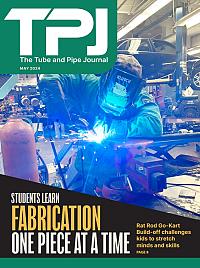- FMA
- The Fabricator
- FABTECH
- Canadian Metalworking
Categories
- Additive Manufacturing
- Aluminum Welding
- Arc Welding
- Assembly and Joining
- Automation and Robotics
- Bending and Forming
- Consumables
- Cutting and Weld Prep
- Electric Vehicles
- En Español
- Finishing
- Hydroforming
- Laser Cutting
- Laser Welding
- Machining
- Manufacturing Software
- Materials Handling
- Metals/Materials
- Oxyfuel Cutting
- Plasma Cutting
- Power Tools
- Punching and Other Holemaking
- Roll Forming
- Safety
- Sawing
- Shearing
- Shop Management
- Testing and Measuring
- Tube and Pipe Fabrication
- Tube and Pipe Production
- Waterjet Cutting
Industry Directory
Webcasts
Podcasts
FAB 40
Advertise
Subscribe
Account Login
Search
Will 2020 be tumultuous or tame for manufacturers?
Certainty, predictability needed for business stability in manufacturing industry
- By Eric Lundin
- December 6, 2019
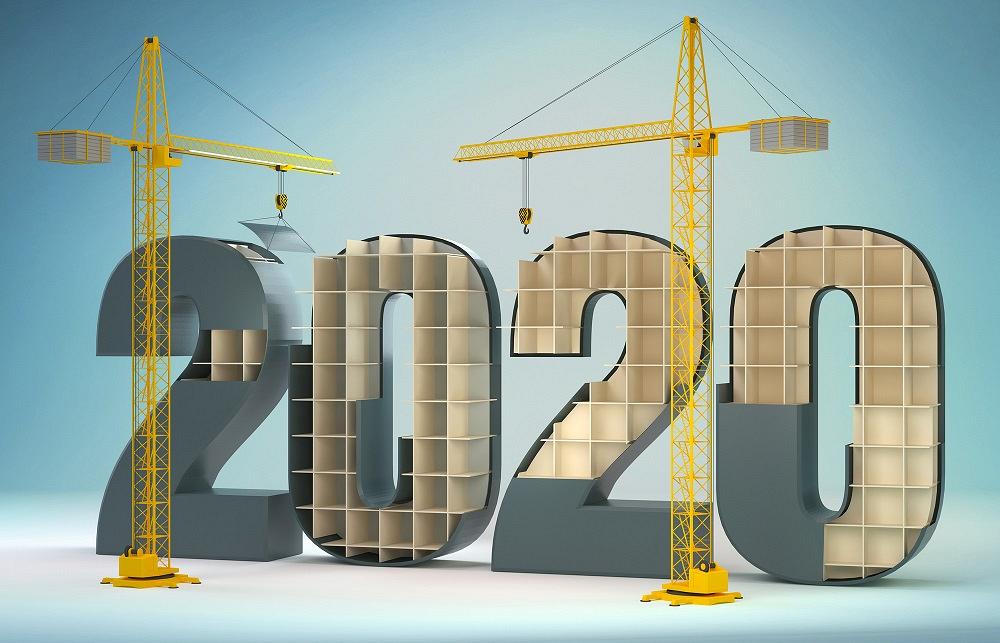
For many manufacturers, 2019 was defined by tumultuous international business. How will this playout for the manufacturing industry in 2020? Getty Images
It might seem hard to believe, but we’re on the verge of chucking the 2019 calendar into our collective recycling bin and hanging up the one for 2020. While the U.S. economy has chugged along, slowing a bit as the year wore on, international trade tensions and a few diplomatic developments dominated the headlines.
Trade between the world’s largest economies, the U.S. and China, has been fraught with simmering tensions for many years, and it seemed to be on the verge of boiling over just recently. As trade between the two nations grew (lopsidedly) over the last 20 years or so, politicians occasionally made headlines by using fiery speech, trotting out accusations of currency manipulation, and making threats to crack down on intellectual property theft. Follow-through has been spotty at best.
“All bark, no bite” turned into barking with quite a bit of biting when President Trump set out to take a few actions he felt were long overdue and began imposing new tariffs. Although his announcements and actions, and retaliations from China, started in 2018, they continued into 2019.
Across the Atlantic, representatives of the U.K. and the European Union have been attempting to work out terms of Britain’s withdrawal from the EU since 2016. As of press time (early November), the two sides had nothing to show for their efforts other than a new prime minister in Britain and an extension for even more talks in Brussels. If Britain ends up isolated from the European market, it might seek more trade opportunities with the U.S. Still, the downsides will likely outweigh any upsides for the U.K.
Stresses concerning Iran nearly got out of control over the summer. In yet another dreary installment of the long, sad story that has played out since 1979, the government of Iran once again found itself going head-to-head with the government of another nation, and once again the populace of Iran has had to endure yet another round of economic sanctions. Over the last several months, the issue has been Iran’s uranium enrichment activity. Acting alone, the U.S. pulled out of the Joint Comprehensive Plan of Action, then imposed a variety of trade sanctions against Iran and specific Iranians throughout 2018 and 2019. In June this year Iran shot down a U.S. surveillance drone that it claimed violated its airspace, and in July its navy detained two British oil tankers in the Strait of Hormuz. Just when the situation seemed to be on the verge of snowballing out of control, tensions dissipated.
It’s hard to say if or how any of these events affected specific industries and whether the outcomes were either mostly beneficial or mostly harmful, but few people would disagree that business thrives on certainty. Sales forecasts, investment plans, and expansion considerations are best made when policies are predictable and expected. Few would agree that international relations are predictable these days. Whether a direct result of these events or not, the U.S. economy has been slowing recently. It grew a respectable 3.1 percent in Q1 2019, then a solid 2.0 percent in Q2, and 1.9 percent in Q3. Manufacturing, which had been doing well for about a decade, likewise has been contracting in the last few months.
Good, bad, or otherwise, it will be interesting to see how these trends will play out in 2020, an election year.
subscribe now
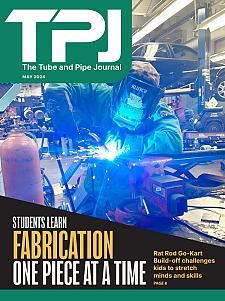
The Tube and Pipe Journal became the first magazine dedicated to serving the metal tube and pipe industry in 1990. Today, it remains the only North American publication devoted to this industry, and it has become the most trusted source of information for tube and pipe professionals.
start your free subscriptionAbout the Author

Eric Lundin
2135 Point Blvd
Elgin, IL 60123
815-227-8262
Eric Lundin worked on The Tube & Pipe Journal from 2000 to 2022.
About the Publication
- Stay connected from anywhere

Easily access valuable industry resources now with full access to the digital edition of The Fabricator.

Easily access valuable industry resources now with full access to the digital edition of The Welder.

Easily access valuable industry resources now with full access to the digital edition of The Tube and Pipe Journal.
- Podcasting
- Podcast:
- The Fabricator Podcast
- Published:
- 04/16/2024
- Running Time:
- 63:29
In this episode of The Fabricator Podcast, Caleb Chamberlain, co-founder and CEO of OSH Cut, discusses his company’s...
- Trending Articles
Zekelman Industries to invest $120 million in Arkansas expansion
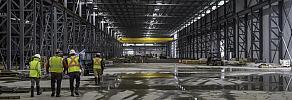
3D laser tube cutting system available in 3, 4, or 5 kW

Corrosion-inhibiting coating can be peeled off after use
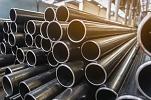
Brushless copper tubing cutter adjusts to ODs up to 2-1/8 in.

HGG Profiling Equipment names area sales manager

- Industry Events
16th Annual Safety Conference
- April 30 - May 1, 2024
- Elgin,
Pipe and Tube Conference
- May 21 - 22, 2024
- Omaha, NE
World-Class Roll Forming Workshop
- June 5 - 6, 2024
- Louisville, KY
Advanced Laser Application Workshop
- June 25 - 27, 2024
- Novi, MI
























